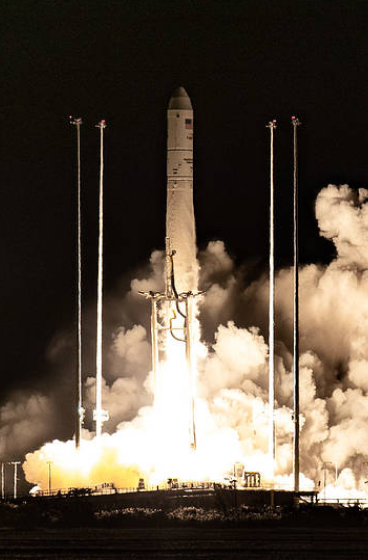The PBRE-WR investigation is now published in the PSI, bringing the total investigations in PSI to 87.
Physical Sciences Informatics (PSI) completed ingest of the PBRE-WR investigation data, bringing the total physical sciences investigations in PSI to 87. PBRE-WR was headquarter directed as a follow-on to PBRE-2, led by PI Layne Carter/MSFC. Jill Williamson/MSFC is the acting project scientist and NASA point of contact for this investigation. PBRE-WR added more than 2 TB data to PSI for a total of 27.2 TB physical sciences data now collected.
Background: PBRE was a series of Fluid Physics experiments run on the International Space Station to investigate the role and effects of gravity on gas-liquid flow through porous media. The main objective was to develop and validate macroscopic equations that can be used in partial and microgravity conditions to accurately predict flow pattern transitions; pressure drops; and chemical and biological transport rates in gas-liquid flows through randomly packed beds. PBRE-WR was the third and final experiment and tested the two-phase flow thru Alumina beads, the fourth type of packing tested in the PBRE flow loop. It was the first test of a realistic packing material (versus idealized packing better suited for modeling). This work was performed under Biological and Physical Sciences (BPS) funding 80NSSC18K0813.
Benefits: This investigation could increase understanding of two-phase flow in general and benefit design and manufacturing of systems that are used in a microgravity environment. PBRE-WR directly aligns with high priorities from the NRC Decadal survey on Biological and Physical Sciences and the NRC 2000 report on Microgravity Research in Support of Technologies for the Human Exploration and Development of Space and Planetary Bodies. Two-phase components are critical to life support and thermal control systems.
AP-2: Provide study of a critical multiphase flow component for life support systems.
TSES-6: Provide a fundamental study in porous media under microgravity conditions.































